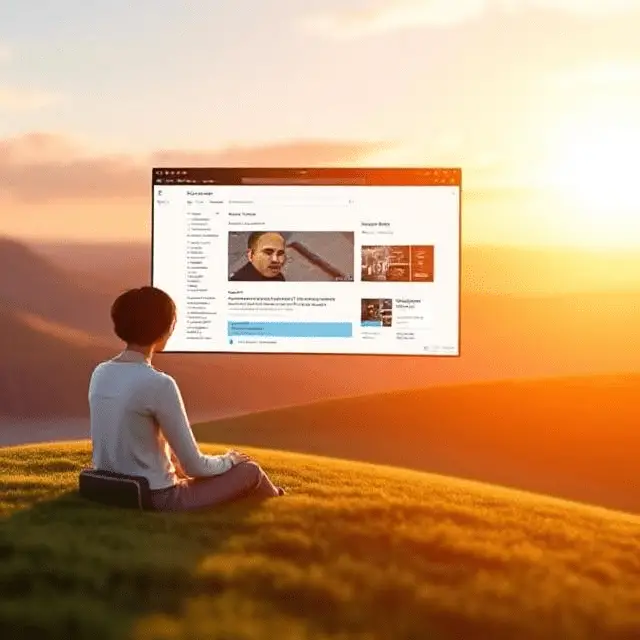
Microsoft has unveiled significant enhancements to its AI assistant, Copilot, introducing new features that enable it to autonomously perform web-based tasks on behalf of users. This development marks a pivotal shift in Copilot’s functionality, transitioning it from a passive assistant to an active agent capable of executing complex online activities.
A cornerstone of this update is the introduction of “Actions,” a feature that allows Copilot to handle tasks such as booking restaurant reservations, purchasing event tickets, arranging travel plans, and shopping online. Users can initiate these tasks through simple chat prompts, streamlining processes that traditionally required manual input. Microsoft has partnered with prominent services including Booking.com, Expedia, OpenTable, and 1-800-Flowers.com to facilitate these capabilities, with plans to expand support to additional platforms in the near future.
In addition to Actions, Microsoft has introduced “Copilot Vision,” a feature that enables the AI assistant to access and interpret information from open applications on a user’s device. With user permission, Copilot Vision can analyze content displayed on the screen, providing contextual assistance and suggestions. This functionality extends to both Windows 11 and mobile devices, allowing users to interact with physical surroundings and multimedia content for tasks such as photo editing and personalized shopping experiences.
These advancements were announced during Microsoft’s 50th anniversary event, where the company emphasized its vision for the future centered around artificial intelligence. Leaders including Satya Nadella and Bill Gates highlighted Copilot’s role in transforming productivity and knowledge assistance, positioning it as a fundamental shift in computing. The event also introduced features like Copilot Pages and Studio, which enable collaborative tasks and the creation of custom AI agents using user data.
Microsoft’s proactive approach with Copilot sets it apart from similar AI capabilities offered by competitors, many of which are still in early stages. By rolling out these features immediately, with broader availability expected in the coming weeks, Microsoft positions Copilot as one of the first widely accessible AI tools capable of independently navigating the web to complete real-life tasks for users.
While these developments represent a significant leap in generative AI for Windows, Microsoft acknowledges the need for these technologies to prove their reliability before users can fully delegate everyday tasks to them. The company emphasizes that users will maintain control over their data and privacy, with options to customize or opt out of memory features. This approach aims to balance innovation with user trust and security.
Overall, the latest updates to Microsoft Copilot reflect the company’s commitment to embedding AI deeply into user experiences, transforming Copilot into a proactive and personalized digital assistant capable of performing a wide array of web-based tasks.
